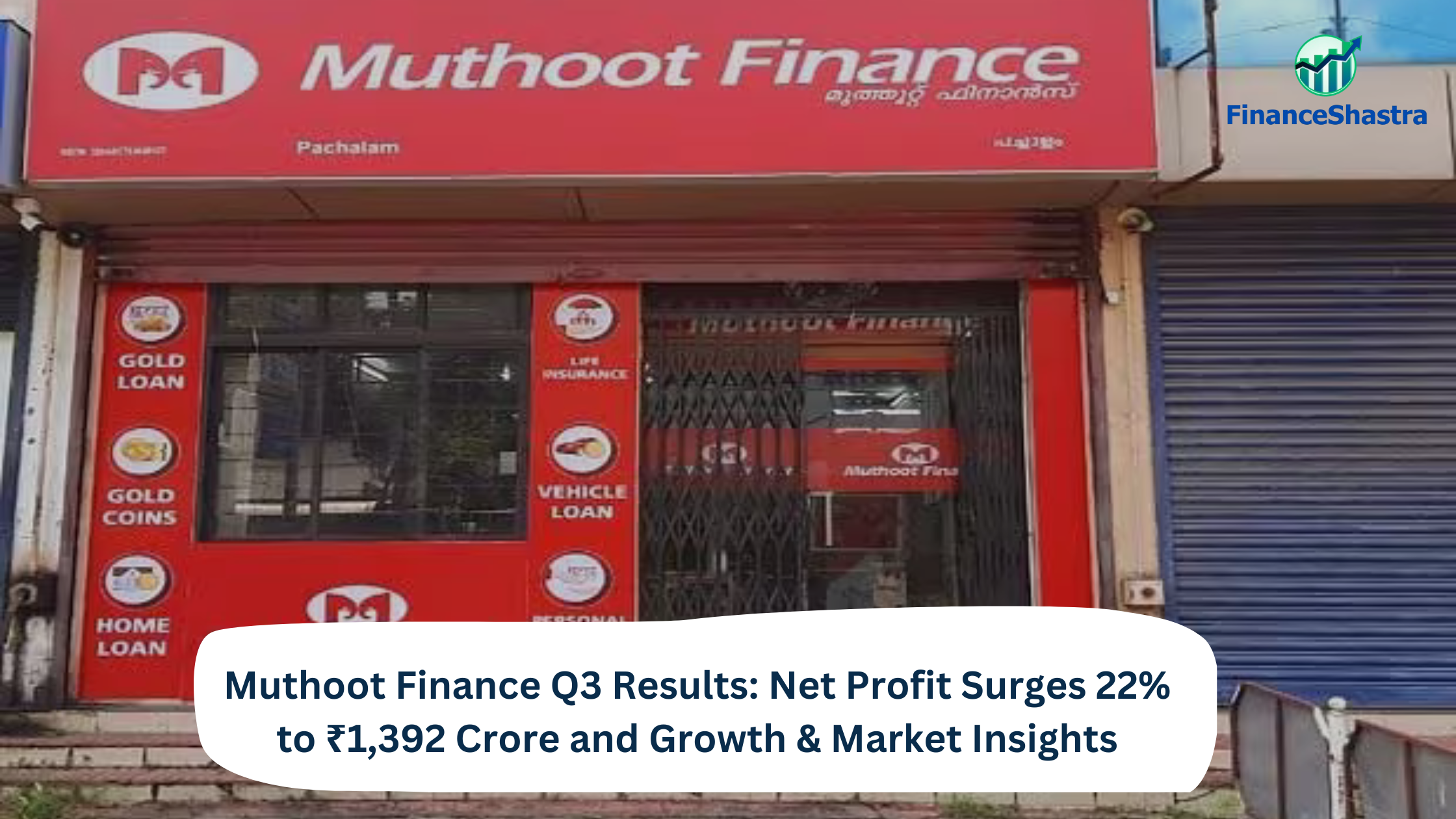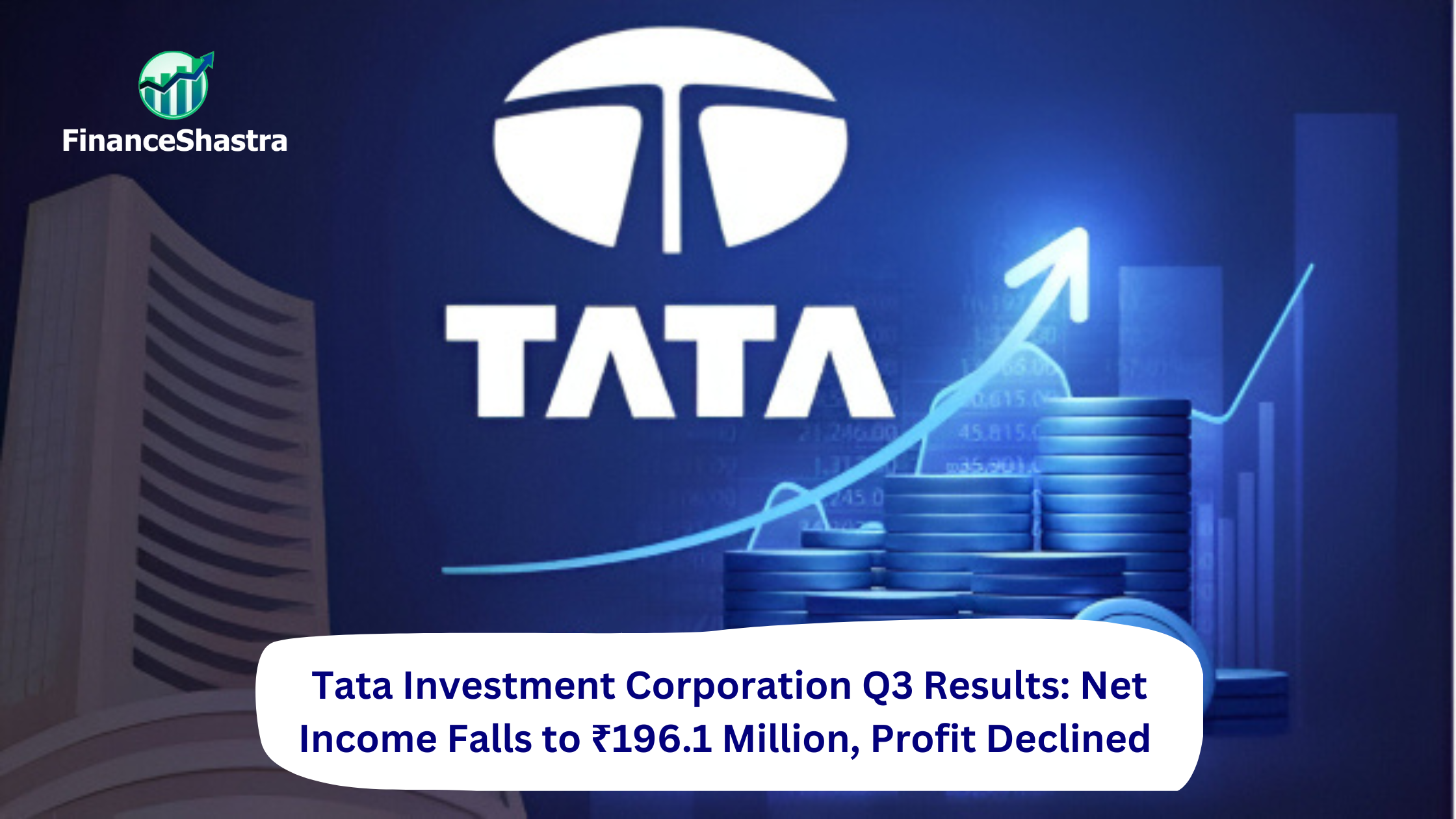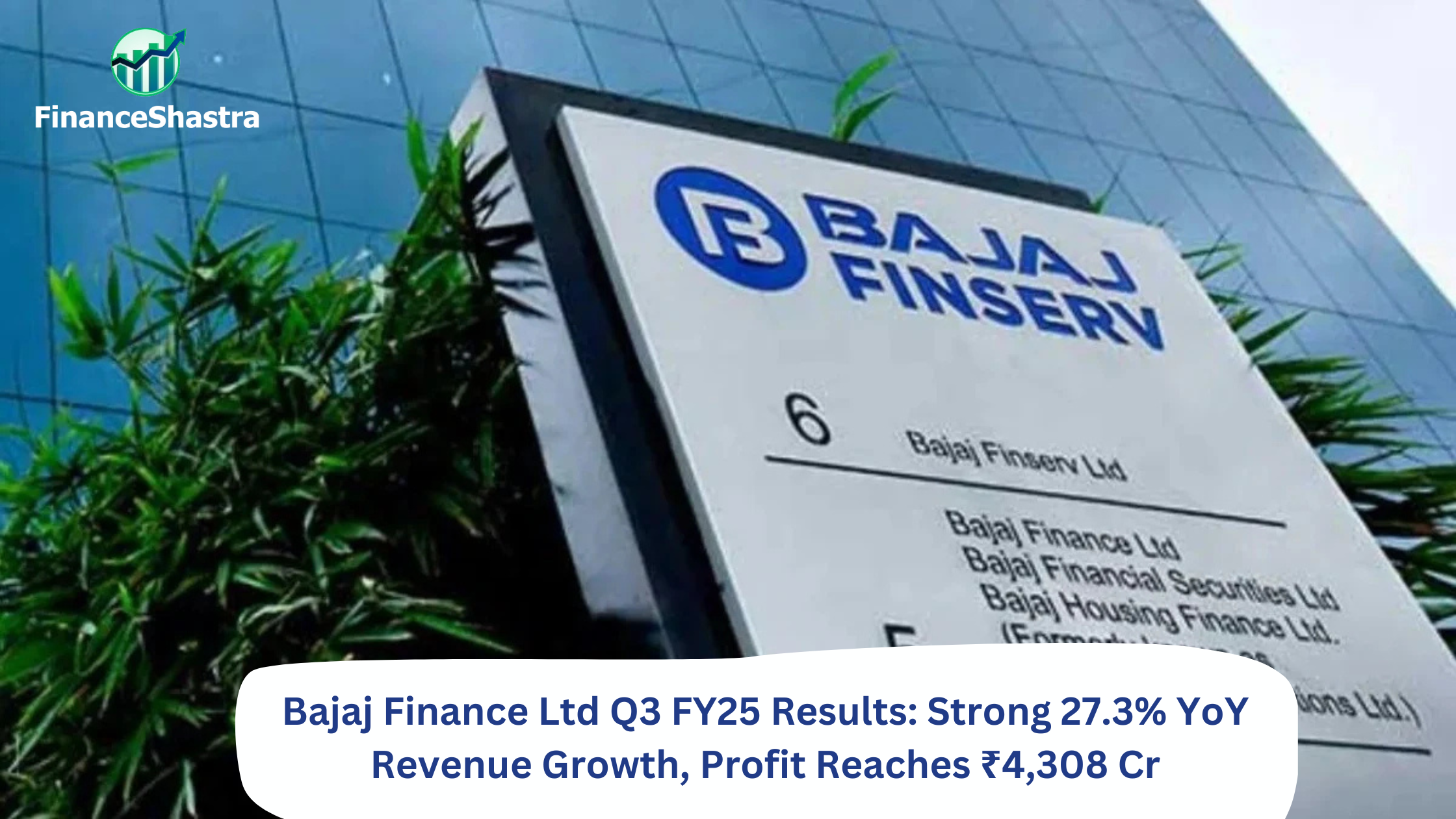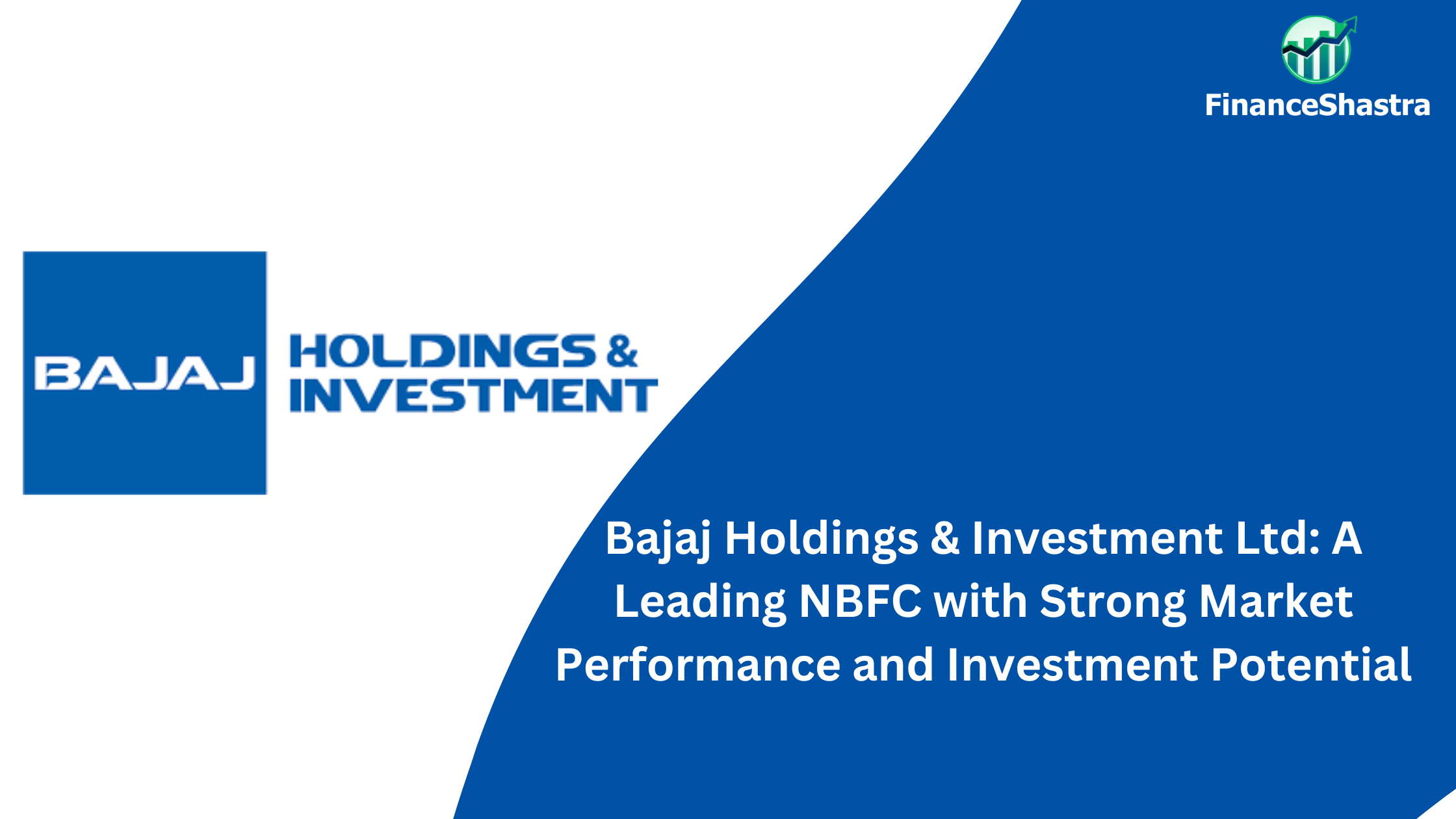Shriram Finance Ltd: Growth, Market Insights, and Future Potential in India’s NBFC Sector
Business and Industry Overview:
Shriram Finance Ltd is a large financial company in India. It is part of the Shriram Group, which started in 1974 in Chennai. The group first worked with chit funds and later expanded into loans and insurance. In 2022, Shriram Finance was created by merging three companies—Shriram City Union Finance, Shriram Capital, and Shriram Transport Finance. Shriram Finance gives loans for trucks, buses, cars, two-wheelers, gold, and small businesses. Many people in small towns and villages find it hard to get loans from big banks. Shriram Finance helps these people by making loans easier for them. The Shriram Group also runs insurance businesses. Shriram Life Insurance provides life insurance. Shriram General Insurance covers vehicles, homes, and travel. The group also helps people invest money. Shriram AMC manages mutual funds. Shriram Insight is a stockbroking company. Shriram Wealth gives advice on managing money. The group also works in real estate. Shriram Properties builds homes, mainly in South India. Shriram Automall is a platform where people can buy and sell used vehicles. Shriram Group focuses on helping common people and small business owners. It provides loans, insurance, and other financial services in both cities and villages. It makes money matters simple and easy for people who cannot get help from big banks.
The financial services industry in India is growing fast. It includes banks, non-banking financial companies (NBFCs), insurance companies, stock markets, and asset management firms. This industry helps people and businesses manage money, get loans, invest, and protect their assets. The NBFC sector in India has grown a lot. It is now an important part of the financial system. Over time, this sector has changed. Housing finance, microfinance, and consumer finance have helped it grow. Many factors support this growth. The middle class is growing, more people have access to financial services, and government policies are helpful. NBFCs help people who cannot get loans from banks. Many small business owners and people in villages depend on NBFCs. More people now take loans for vehicles, gold, and businesses.
Shriram Finance is a large financial company in India. It helps people get loans who may not be able to get them from banks. It is especially known for giving loans to buy vehicles like trucks, buses, and cars. Many small business owners and truck drivers depend on Shriram Finance for loans. The company also gives loans for gold, two-wheelers, and small businesses. It has many branches across India, especially in small towns and villages. This makes it different from big banks, which focus more on cities. Shriram Finance understands the needs of people who live in rural areas and smaller towns. This helps them offer loans that are easier to get. The company uses technology to check if people can pay back the loans. This helps reduce the risk of not getting paid back. Even though it faces competition from banks and other companies, Shriram Finance stays strong. It has built trust with its customers. People rely on the company for loans and other financial services. Shriram Finance is always growing. It uses digital tools to make the loan process faster and easier. The company also offers more types of financial products, which help it attract more customers.
Latest Stock News:
As of April 1, 2025, Shriram Finance is in the spotlight for its impressive growth plans. The company aims to grow its assets to over ₹3 lakh crore by the financial year 2025-2026. They plan to increase their loans by 15%, which is much higher than India’s expected 6.5% GDP growth. This shows they expect to grow faster than the country’s economy.
Analysts are optimistic about Shriram Finance. They are happy with the company’s 15% Return on Equity (ROE) and 15% growth in Earnings Per Share (EPS). These numbers show that the company is doing well and making good profits. Some experts believe the company’s stock might go up in value, or be re-rated, as more people see its potential.
Even though Shriram Finance reported a 96% increase in its net profit for Q3 FY25, the stock price fell by 2.6%. This drop might seem confusing since the company made huge profits. However, stock prices don’t always rise after good news. Other factors, like market conditions, can cause a price drop even after good earnings.
In January 2025, Shriram Finance also did a stock split. This means they split their shares into more, making them cheaper. After the split, the stock price went up by 3%. This was a positive reaction from the market, as stock splits can make shares more affordable for small investors.
To sum up, Shriram Finance is growing fast with big plans and strong profits. They are expanding their loan business and focusing on new areas like green financing, especially electric vehicles. Despite some stock price changes, the company is seen as a strong player in the market with a lot of growth potential.
Potentials:
Shriram Finance has clear and exciting plans for the future. The company aims to grow its total assets to over ₹3 lakh crore by the financial year 2025-2026. This is a big target, showing that the company wants to grow quickly. They also plan to increase their loans by 15%, which is more than double the expected growth of the economy. This means they want to do better than the country’s overall growth rate. One key area Shriram Finance is focusing on is small and medium-sized businesses (MSMEs). These businesses are important for India’s economy, but they often struggle to get loans. Shriram Finance wants to help by providing more financial support to these businesses, helping them grow and succeed. Another big focus for Shriram Finance is green initiatives. The company wants to help the environment by supporting electric vehicles (EVs). It plans to offer loans to people who want to buy electric vehicles. This will not only help reduce pollution but also support the shift to cleaner energy in the transport sector. Shriram Finance is also working on becoming more digital. The company wants to make it easier for people to apply for loans online. This will save time for customers and make the process more convenient. They are also using data to make better decisions and improve their services. By using technology, Shriram Finance hopes to serve more customers and be more efficient. Lastly, Shriram Finance plans to partner with other businesses to expand its reach. These partnerships will help the company offer its services to more people, including those in remote areas. In conclusion, Shriram Finance’s future plans include helping small businesses, supporting electric vehicles, becoming more digital, and partnering with other companies. These plans will help the company grow and stay ahead in the competitive financial market.
Analyst Insights:
- Market capitalisation: ₹ 1,19,892 Cr.
- Current Price:₹ 637
- 52-Week High/Low: ₹ 730 / 439
- P/E Ratio: 14.8
- Dividend Yield: 1.41%
- Return on Capital Employed (ROCE): 11.3%
- Return on Equity (ROE): 15.9%
Shriram Finance Ltd (STFC) has been growing well. Its revenue and profit have been increasing every year. The company makes good money from its business, shown by a return on equity (ROE) of 15.9%. This means it uses its money wisely to earn profits.
The company’s stock price is not too high compared to others, making it a good option for investors. It also pays a dividend of 1.41%, which means investors get some money back from their investment. The company’s profit from financing has also grown, showing that its main business is doing well.
The company has more assets now, which shows it is expanding. It does have some debt, but it makes enough money to handle it. Shriram Finance focuses on lending for used commercial vehicles and two-wheelers, which helps it stand out in the market.
Even though there are some risks, the company is growing and making profits. It is a good option for investors who want to hold stocks for the long term.









